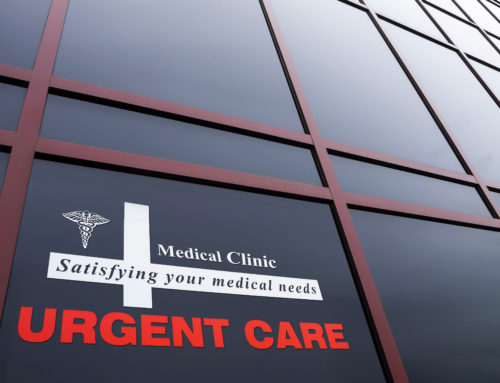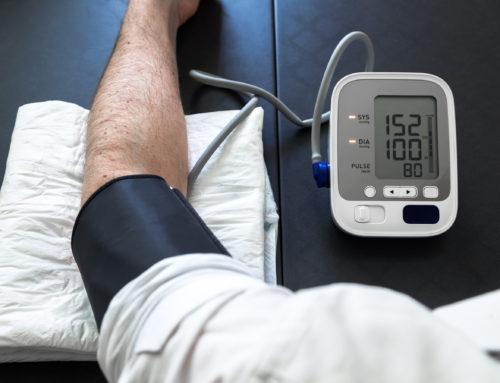Doctor’s visits are a normal part of childhood — from well visits to immunizations to the occasional sick visit, you’ll be taking your child to the doctor at least a couple times a year. In most cases, these appointments go off without a hitch and you’re informed of your child’s growth or given an antibiotic prescription and told to let your child rest and drink plenty of fluids. However, there are times when a doctor’s appointment can become a parent’s worst nightmare. Neglect and abuse are very real issues that many parents have to deal with, and they’re why parents should always accompany their children to doctor’s appointments regardless of how old they are.
Your Presence Makes a Difference
When you accompany your child to their doctor’s appointment, your very presence makes a difference and reduces the risk that your child will be the victim of medical malpractice, neglect, or abuse. Doctors tend to act differently when parents are observing them. A doctor that is typically lax with patient care may take a little extra time or put a little more effort into the work they do with a child whose parent is there as a witness for what happens behind a closed exam room door.
While there, be sure to ask your child’s doctor questions about the appointment. Ask questions about what your doctor is doing during the exam, why they’re doing it, and what you and your child can expect during the visit. If your child’s doctor makes a recommendation for certain treatments or medications, ask the doctor what the treatment or medication is for, what the side effects are, and why it’s being recommended for your child. Your child’s doctor should be able to tell you about the risks versus benefits and why the recommendation is being made.
What to Do If You See Malpractice
The most important thing you can do if you see malpractice, neglect, or abuse during your child’s doctor visit is to call the doctor out on their behavior immediately. Many people aren’t sure what to do when they see something go wrong and only realize long after the appointment that they could have — and should have — spoken up right then. Don’t be afraid to challenge a doctor if you sense something isn’t right during the appointment.
While it can be difficult to process that something terrible happened in a place where you take your child to get the care they need, don’t wait until you get home if possible. When you speak up right away, the office has to notate in your child’s chart what happened. This can become a vital piece of evidence should you decide to bring a case forward against your child’s doctor later on. If you wait or don’t say anything at all, the doctor’s office may attempt to claim that your silence was your consent. It’s a poor argument that is unlikely to hold up in court, but it’s one that they may try to use anyway.
The Importance of Hiring an Expert Witness for a Malpractice Case
If you believe your child has been the victim of medical malpractice, whether you were present at the appointment occurred or not, you may be able to bring a legal claim forward against the practitioner for his or her actions or lack of care. Attorneys are familiar with the process of resolving medical malpractice claims through the legal system, however, it’s important that you discuss having an expert witness testify on your child’s behalf.
An expert witness can provide testimony regarding the doctor’s action or inaction and whether or not the doctor was acting in a reasonable manner according to the duty of care he or she owed the patient. Cases in which expert witnesses testify on behalf of the victim are more likely to be successful because the witness can help explain to the judge and jury in terms that can be easily understood what really happened.
If you have a medical malpractice case, don’t hesitate to contact Dr. Edward Mallory at (813) 997-1241.




























